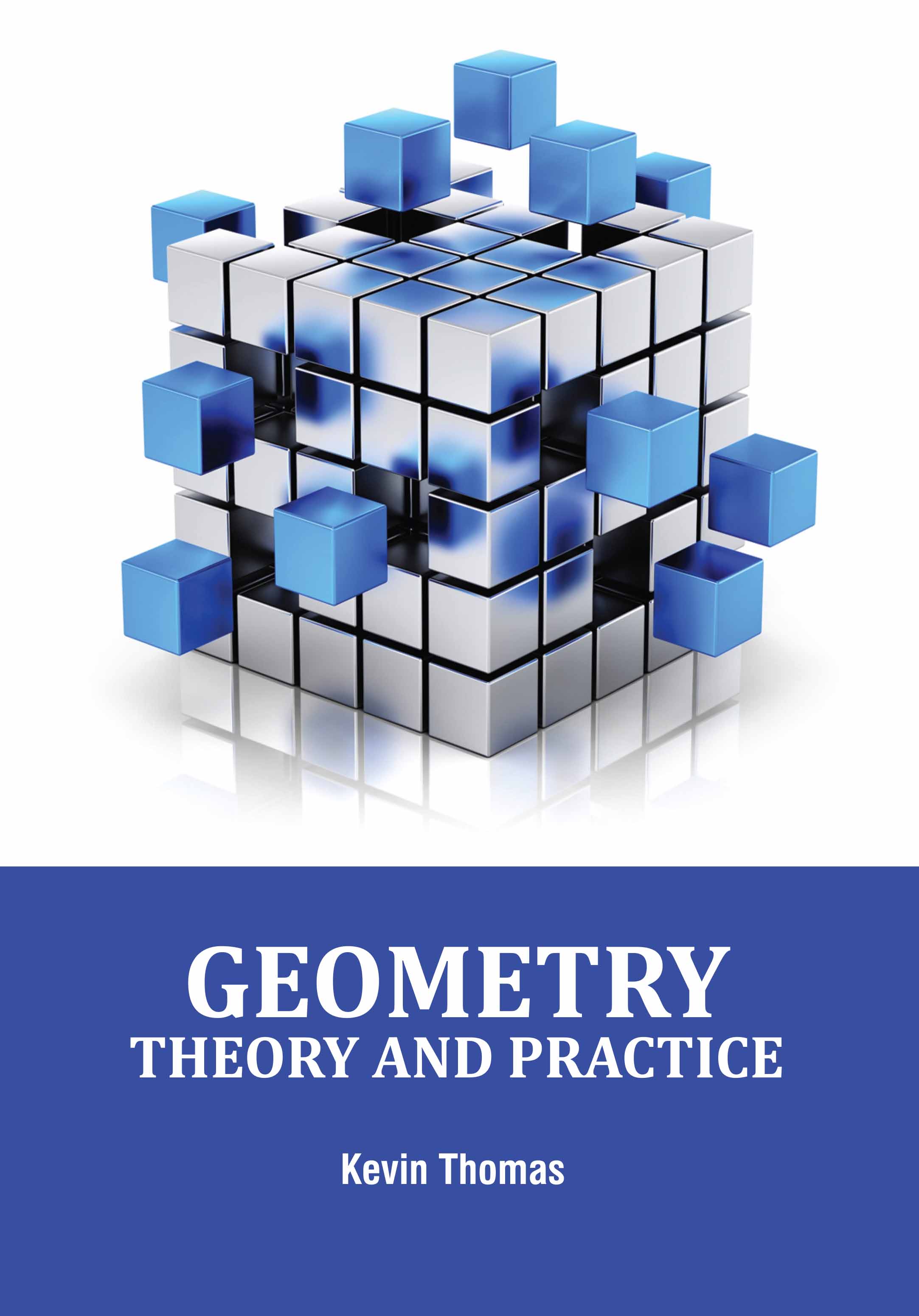About This Book
Electrical Power Engineering is a specialized branch of electrical engineering that focuses on the
generation, transmission, distribution, and utilization of electrical power. It plays a critical role in
ensuring a reliable and efficient supply of electricity to homes, industries, and commercial
establishments. This field covers a wide range of technologies, including power plants,
transformers, high-voltage transmission lines, smart grids, and renewable energy sources.
Traditional power generation relies on coal, natural gas, nuclear, and hydroelectric plants, while
modern advancements have led to the adoption of solar, wind, and geothermal energy. Electrical
power engineers work on optimizing power generation systems to improve efficiency,
sustainability, and reliability. The integration of smart grids and energy storage solutions has
enhanced power management, reducing energy losses and ensuring stable distribution. With
increasing global energy demands, the shift toward renewable energy and smart power systems
has become essential. Engineers in this field develop advanced power electronics, grid automation,
and energy-efficient transmission networks to support sustainable development. Emerging
technologies like wireless power transfer and microgrid systems are revolutionizing power
engineering, ensuring a greener, smarter, and more resilient energy future. As industries and cities
expand, electrical power engineering continues to evolve, shaping modern infrastructure and
driving technological progress. This book on Electrical Power Engineering explores the principles,
technologies, and advancements in power generation, transmission, distribution, and sustainable
energy solutions.
Contents: 1. Electricity Distribution of Electric Power, 2. Design of Electric Heating Power System,
3. Non-conventional and Conventional Sources of Power Energy, 4. Power Supply Filter, 5. Electric
Drives: AC Motors (Description and Applications), 6. Power Generation, 7. Power Supply System for
Electric Traction.

